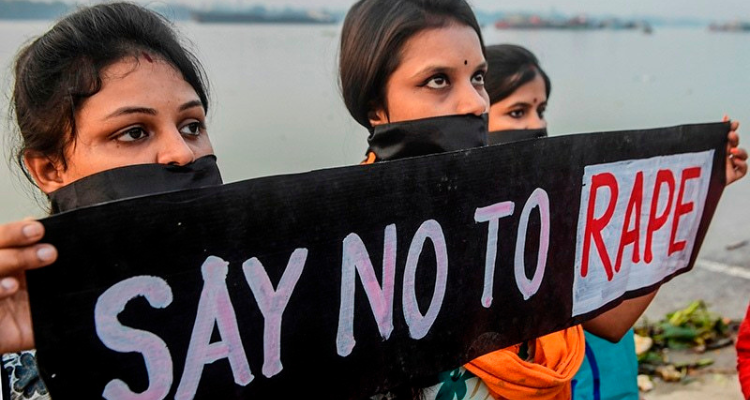
The Kerala High Court’s recent ruling marks a significant victory for reproductive rights, particularly in cases involving sexual violence. Justice Kauser Edappagath’s emphasis on the victim’s right to terminate her pregnancy at 28 weeks gestation underscores the court’s commitment to preserving dignity and autonomy, as enshrined in Article 21 of the Indian Constitution.
Legal Framework and Advocacy
The court’s decision was informed by Section 3(2) of the Medical Termination of Pregnancy Act (MTP Act), recognizing the grave physical and mental health risks associated with pregnancies resulting from rape. The petitioner’s counsel argued persuasively for termination to safeguard the underage victim’s well-being, citing pertinent legal developments, including the MTP Act’s amendment in 2021.
Ensuring Privacy and Dignity
By invoking Article 21, the court affirmed the importance of safeguarding women’s privacy, confidentiality, and dignity in accessing safe abortions. This underscores the fundamental right to reproductive autonomy, a principle upheld in recent legal precedents, reinforcing a woman’s sole authority over her body and reproductive choices.
Case-Specific Considerations
Recognizing the unique circumstances of the case, the court acknowledged the involuntary nature of pregnancies resulting from sexual abuse, particularly among minors. The victim’s belonging to a Scheduled Caste community and her financial disadvantage further underscored the need for compassionate consideration and support.
Compassionate Resolution
In authorizing the termination of the pregnancy, the court demonstrated a compassionate understanding of the victim’s situation, ensuring that she received the necessary care and support. The directive for top-quality medical care under the Juvenile Justice (Care and Protection of Children) Act, 2015, reflects a commitment to the victim’s holistic well-being.
Conclusion
With the resolution of the petition, the Kerala High Court reaffirms its role in safeguarding reproductive rights and dignity, particularly for marginalized and vulnerable individuals. This decision sets a precedent for compassionate and rights-based approaches to reproductive healthcare, ensuring that victims of sexual violence receive the support and care they deserve.
Read More: Supreme Court, Delhi High Court, States High Court, Other Courts, International





